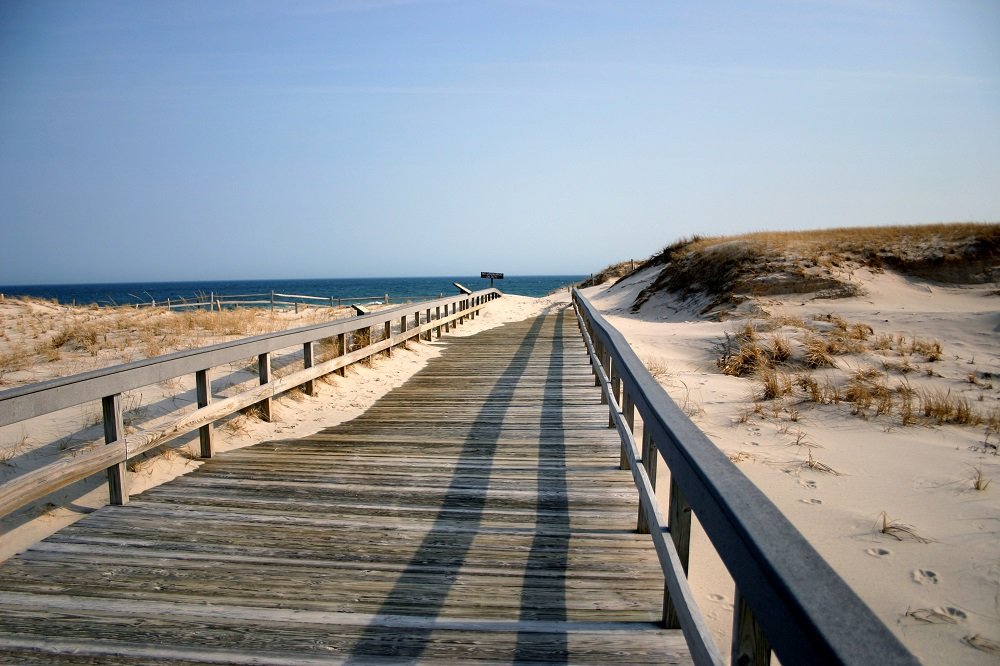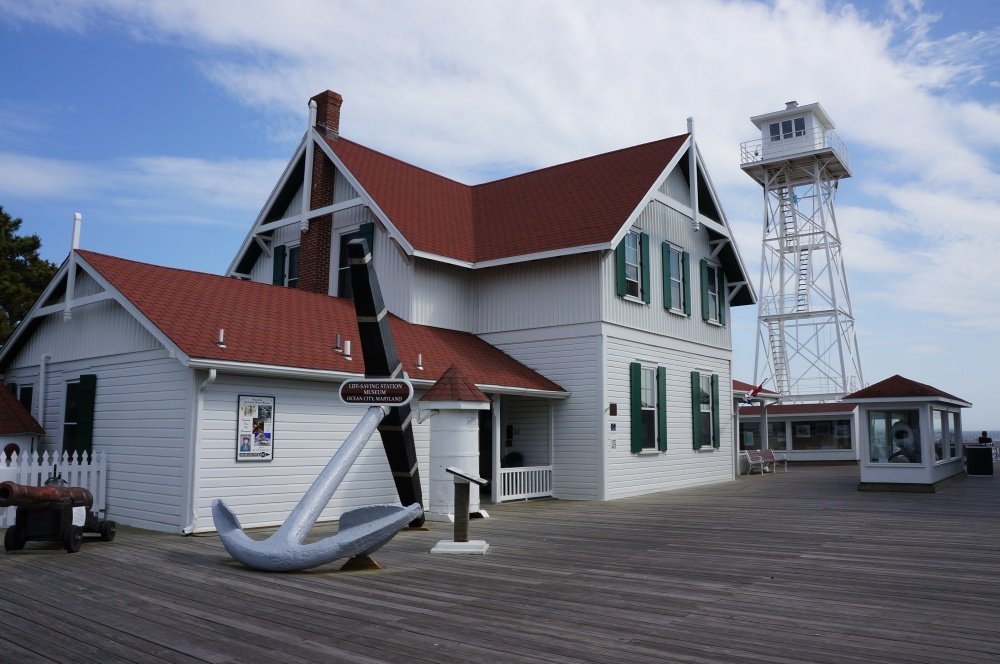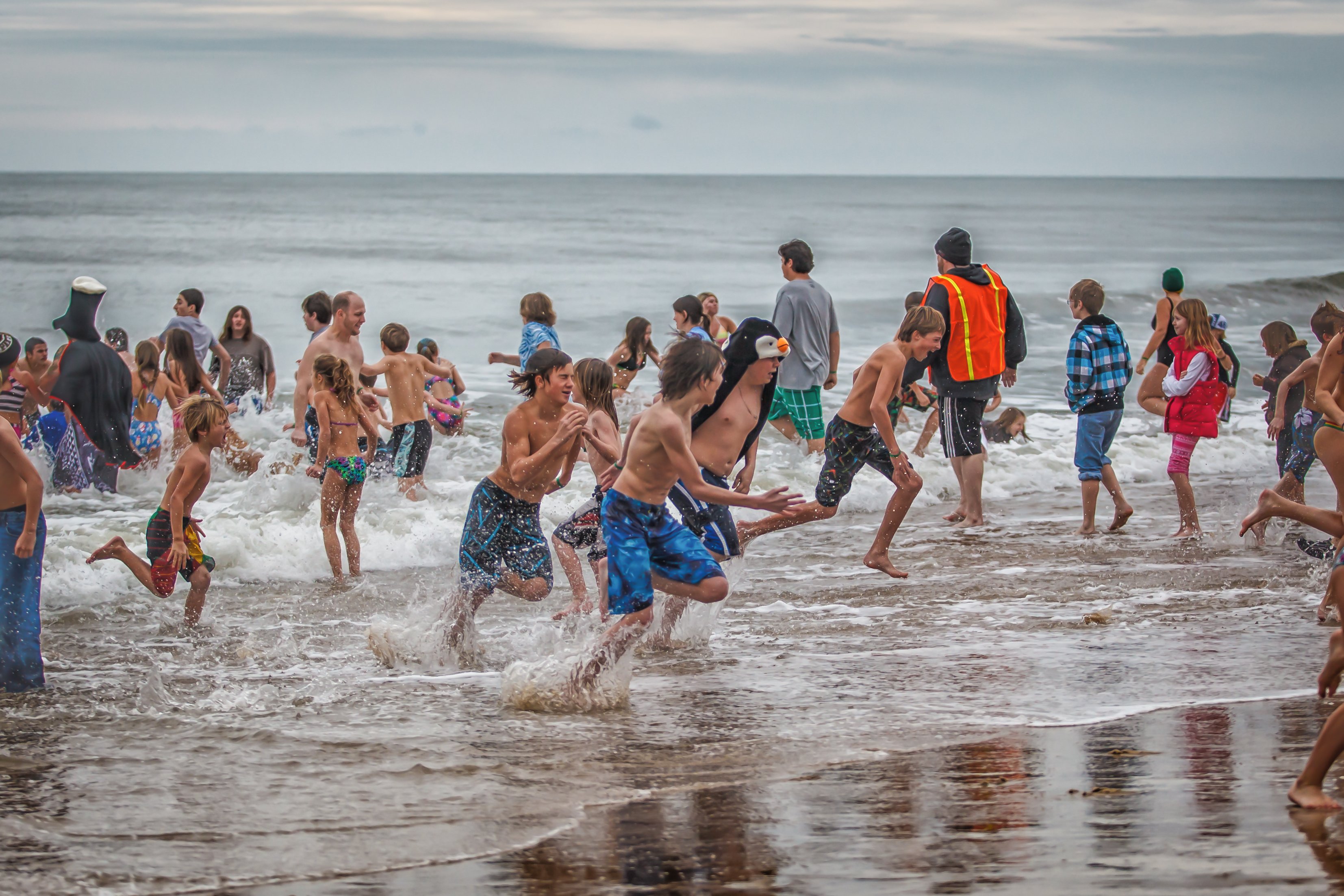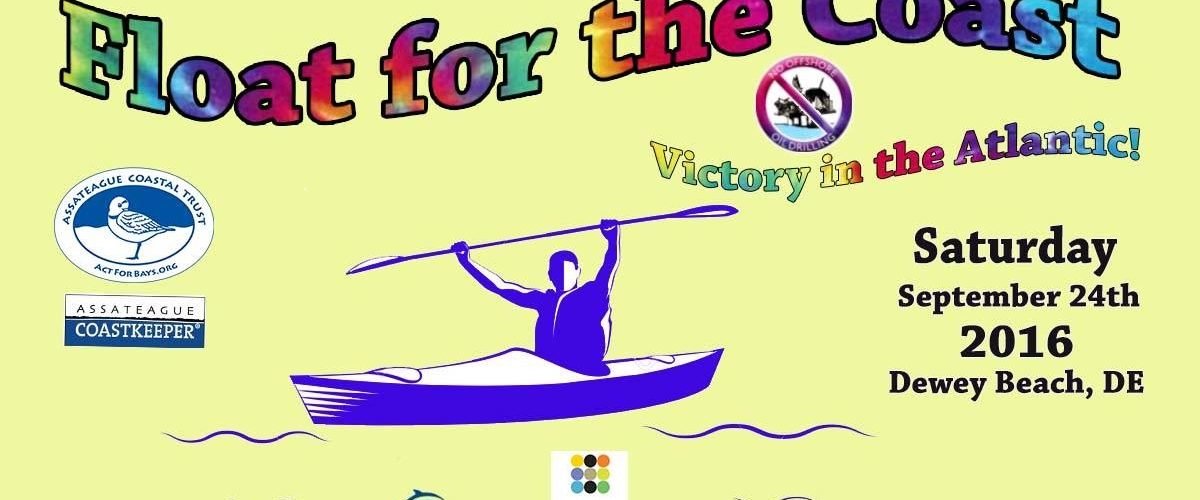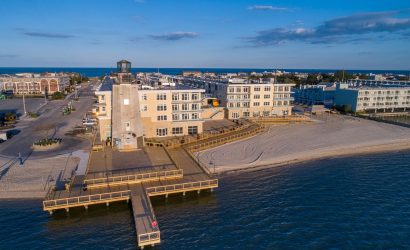The Assateague Coastal Trust’s primary goal is to protect our coastal bays. On the coattails of their recent victory over offshore drilling in the Atlantic, Assateague Coastal Trust is using their momentum for their 2nd Annual Float for the Coast event on September 24th. This year’s Float for the Coast event will aim to urge community leaders to deny pending permits for seismic airgun surveys off our coast. We asked the Lead Organizer, Matt Heim, to tell us more about the Trust’s works and their Float for the Coast event.
Matt told us that in the government’s recent decision to pass the resolution to take offshore drilling off the table, the community’s involvement played a huge role. A resolution is a formal way for small communities to say that they don’t think offshore drilling is a good idea. Heim believes that one of the main reasons the federal government passed the resolution is because 100% of coastal communities on Delmarva opposed offshore drilling; in fact 86% of municipalities from New Jersey to Florida oppose offshore drilling.
The event begins at Delaware Seashore State Park and participants will kayak from there to the Hyatt Place Dewey beach. Once the “kayaktivists” (isn’t that hilarious?!) reach the Hyatt Place Dewey Beach, a rally/press conference will be held on the beach. The “kayaktivists” will watch the rally from the water and those wanting to come out and show their support are more than welcome to do so by land, as well.
Participants do not need to register in advance but are encouraged to do so – especially those without their own kayak. A limited amount of kayaks will be available for participants to borrow for the event. You can register for the event here. A stand up paddleboard will also be raffled off at the event. Raffle tickets can be purchased on their website or at the event itself but you don’t have to be present to win!
“Kayaktivists” are encouraged to stick around after the rally for the after party at Que Pasa Restaurant, located on the Beach at the Hyatt Place Dewey.
When asked if there was anything else he wanted our readers to know, Heim said, “we’re just a three-person full-time team and when we started out it was really just to raise awareness. When we got involved, we noticed no resolutions against offshore drilling had been passed in the Mid-Atlantic region. We were able to fill that void and make a strong impact on the national level. Our website was the 12th largest referrer to the federal website accepting public comments on the offshore drilling proposal. This just shows that small groups of citizens really can make a difference when they work together for a common goal.”

